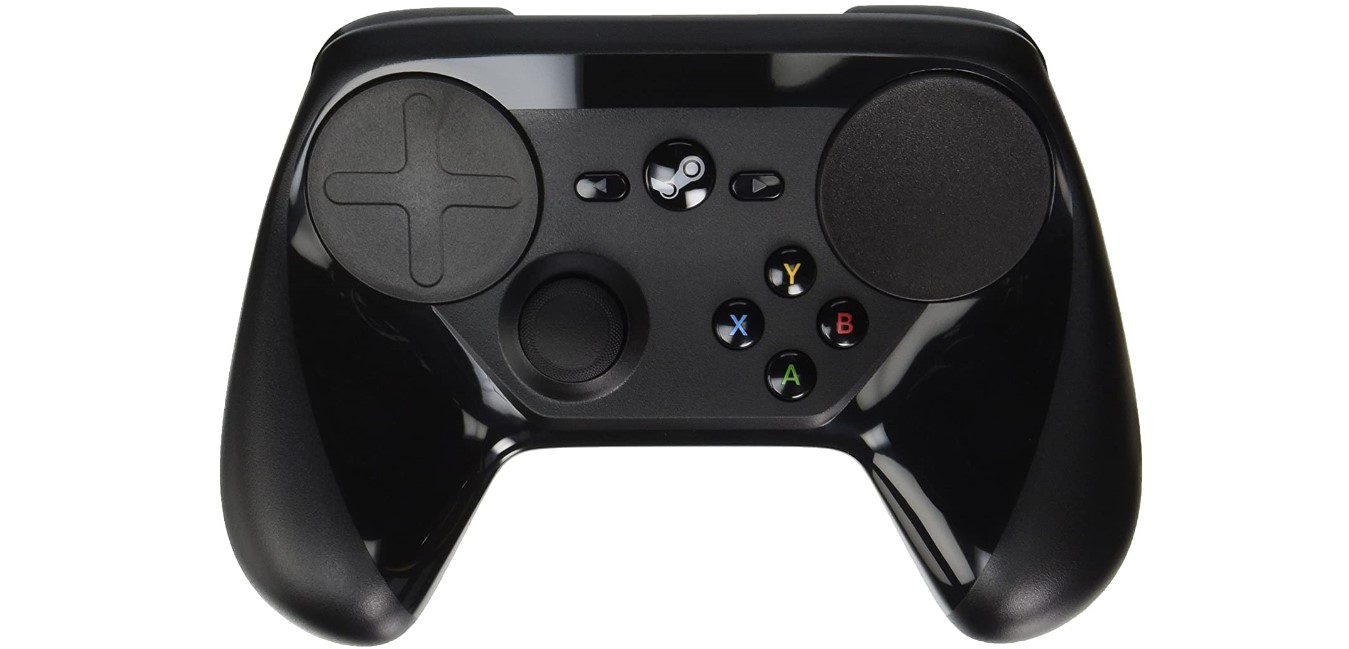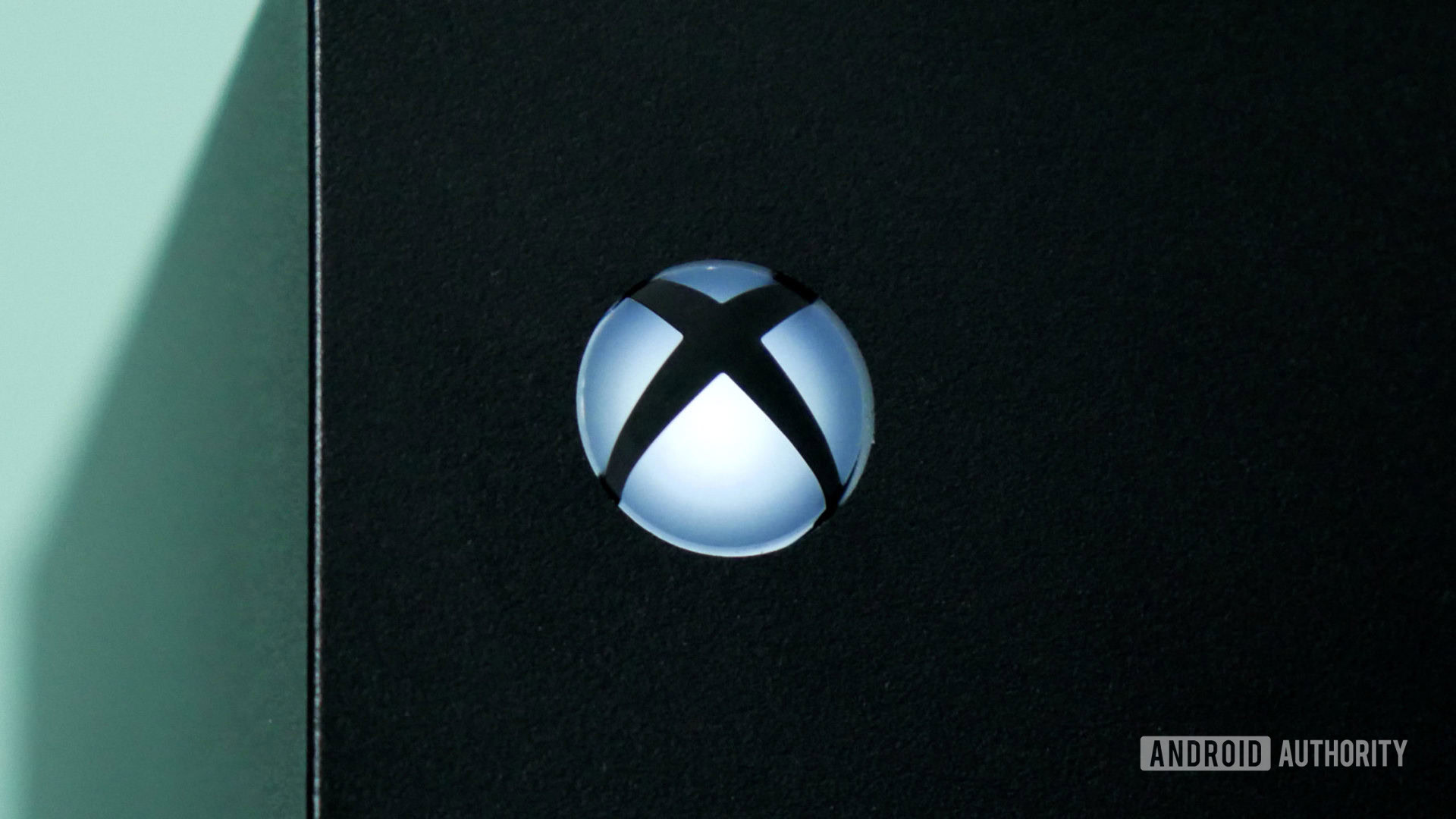The Steam Deck has potential — if Valve can stay committed
Roger Fingas
Confirming long-standing rumors, Valve recently announced the Steam Deck — essentially a handheld gaming console to rival the Nintendo Switch based on the PC giant’s Steam platform. Though it’s only shipping in December, it’s already generating excitement among the Android Authority crew and could potentially set the gaming world on fire… if Valve throws sufficient weight behind it, that is.
As a quick recap: the Steam Deck is equipped with custom AMD processors, a 7-inch touchscreen, and between 64-512GB of internal storage, which can be supplemented by microSD cards. It features a diverse range of control options including thumbsticks and trackpads, and can also be hooked up to TVs, monitors, and docks via USB-C. Because it’s ultimately a hyper-optimized PC, many (but not all) games from your existing Steam library will run on the Steam Deck. You can also install Windows on it if you like and even rival game platforms like the Epic Games Store or Xbox Game Pass. Bluetooth headphones, keyboards, and mice are compatible. Put simply, it’s a PC, but portable.
While it’s not going to kill off high-end towers and laptops, the Steam Deck’s potential lies in solving two problems with PC gaming: cost and convenience. The cheapest model is priced at $399, just $50 more than the recently announced Switch OLED model coming in October, and it arguably offers a far better deal in terms of performance and the breadth of its game library. It’s also half the cost of other niche handheld PC hardware we’ve seen so far from the likes of GPD and other brands.
Also read: Why the Nintendo Switch OLED model isn’t the Pro of your dreams
Convenience-wise, a mainstream handheld gaming PC could be revolutionary. Traditionally PC gaming has meant sitting in front of a desk or dealing with a bulky laptop. It’s possible of course to connect a computer to a TV, whether directly or via Steam Link. The process can sometimes be complicated though, especially compared with the ease of hooking up a Switch, Xbox, or PlayStation.
The Steam Deck is, moreover, an instant-on device with an integrated gamepad. Much of the attraction of a Switch is the ability to just pick it up, hit a button, and start playing anywhere at any time. Even if they have a laptop, PC gamers have typically had to boot into Windows and connect a mouse or other external controller, which doesn’t take that long in 2021, but extra steps can mean the difference between whether someone plays Superhot or watches HBO. And naturally, most people aren’t going to whip out a laptop and controller to play games on the bus.
Valve’s history could haunt the Steam Deck

The true test for the Steam Deck will be whether Valve can keep it fully updated and supported. The company has a mixed track record with hardware, to say the least. While the Index is widely regarded as one of the best VR headsets — for people who can afford its $1,000 price tag — Valve has launched and abandoned hardware products in the past, including the Steam Controller and the Steam Machine PC platform. It even discontinued the dedicated Steam Link set-top, despite an enthusiastic following.
That flakiness won’t fly with the Steam Deck, not if it’s going to compete with consoles. At a minimum, people are going to expect their $400-plus investment to be relevant for a few years. Console makers like Nintendo and Sony don’t abandon hardware if it’s not immediately successful. If necessary, they also make refinements as sales slow and new tech becomes viable — hence the Switch OLED or the last generation’s PS4 Pro and Xbox One X.
Valve has made promising statements about the Steam Deck, but its history with hardware remains a concern.
In fact, due to the rapid evolution of PC graphics, Valve is probably going to have to iterate faster than its rivals. The current Deck can run games like Control and Doom Eternal, but not at maximum detail. The product will be dead in the water if it has the same specs even three years from now. Valve needs to keep its AMD partnership active and constant, upgrading performance as the game industry demands.
Valve president Gabe Newell is making promising statements, for instance telling IGN that the company is “doing this for the long haul,” and that profit margins are “painful” in order to “establish a product category.” That’s certainly the approach console makers take — trading a loss on hardware for money in games and accessories. Whether Valve has the stomach for it remains to be seen, though it’s worth noting that Valve is working to upsell people. Only the 256GB and 512GB models have fast NVMe storage, and the latter (priced at $649) offers anti-glare etched glass to sweeten the deal.

Oliver Cragg / Android Authority
Commitment will be even more critical if the Deck takes off. PC makers like Dell, HP, and Microsoft could quickly come gunning with clones, and if their products are superior, the Deck’s market share could dry up quickly. Valve will still come out on top if Steam remains the dominant PC storefront, but rivals will undoubtedly try to cut Steam out of the loop if they can.
Related: The best gaming laptops you can buy right now
If Microsoft gets a foothold, it could be game over. The company would be able to offer not just its own storefront, but immediate access to Xbox Game Pass subscriptions and native Windows support. Xbox Cloud Gaming could even negate some of the need to boost processing power as regularly with new hardware.
That’s a big if, however, and one that’s probably too far into the future to speculate about. The Steam Deck is already pushing into uncharted territory. Each step there is going to have an outsized impact, and need careful consideration. There are many unanswered questions — will we be able to buy one at Target? Will it get a big Christmas marketing push? Will there ever be a Steam Pass? A “yes” to any of these could sway the product’s chances.
So far, Valve does seem to be pulling the right moves. The company could have easily botched its announcement with expensive prices, bad controls, or weak performance. The fact that it didn’t shows a commitment to understanding gamers, and that’s half the battle.
For all the latest Technology News Click Here
For the latest news and updates, follow us on Google News.
